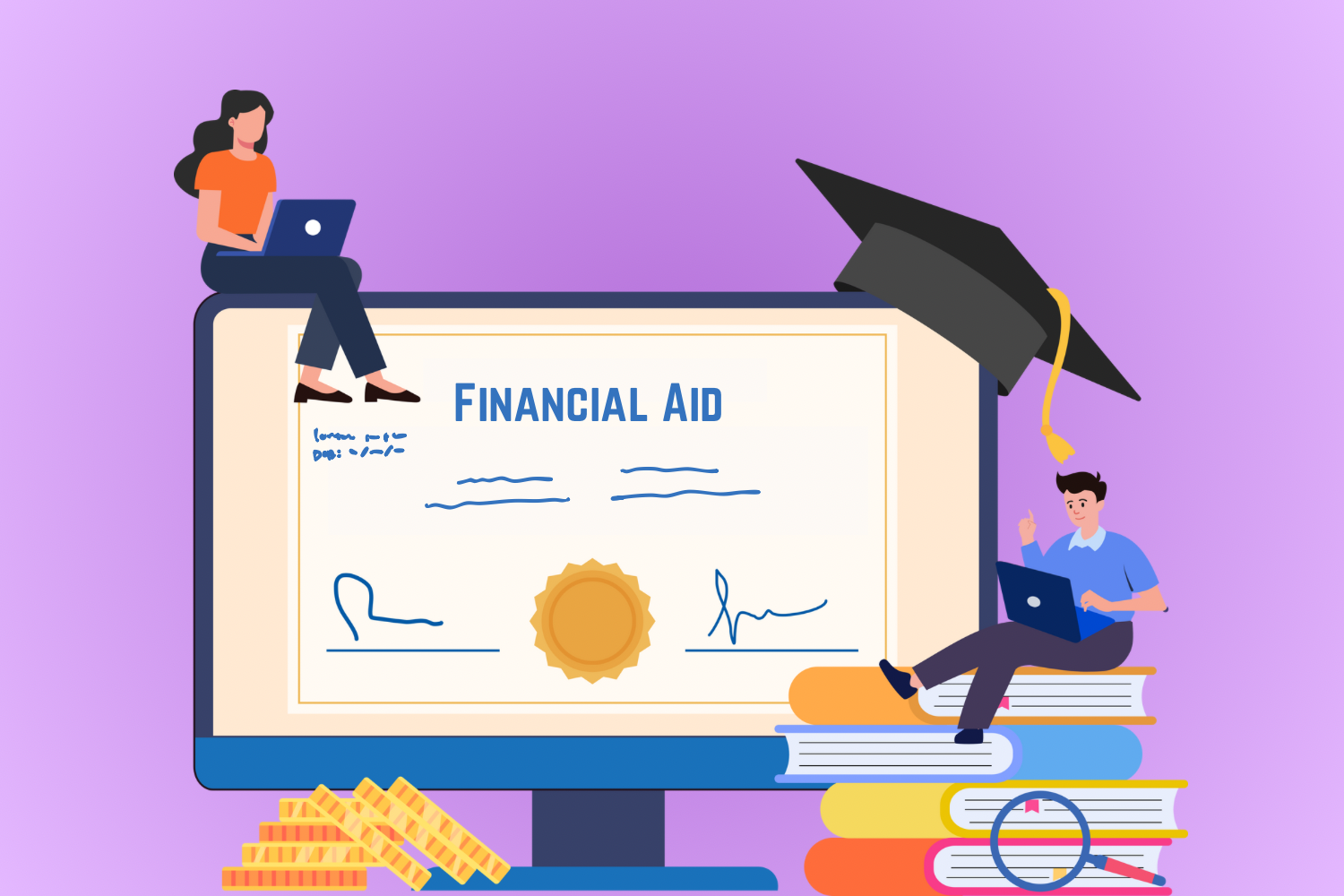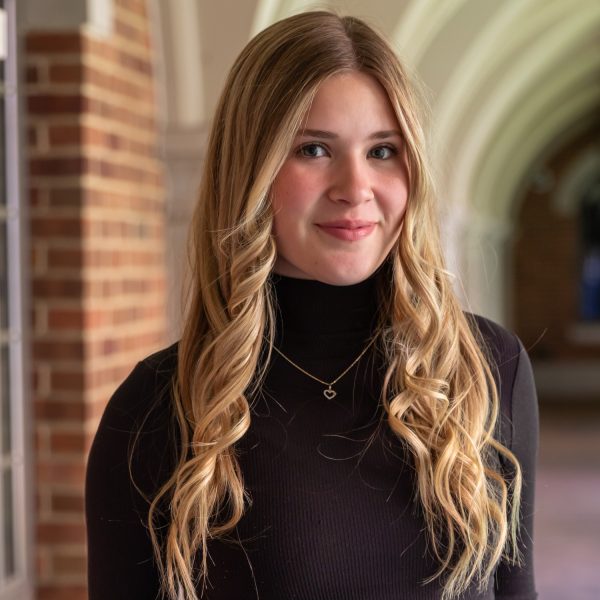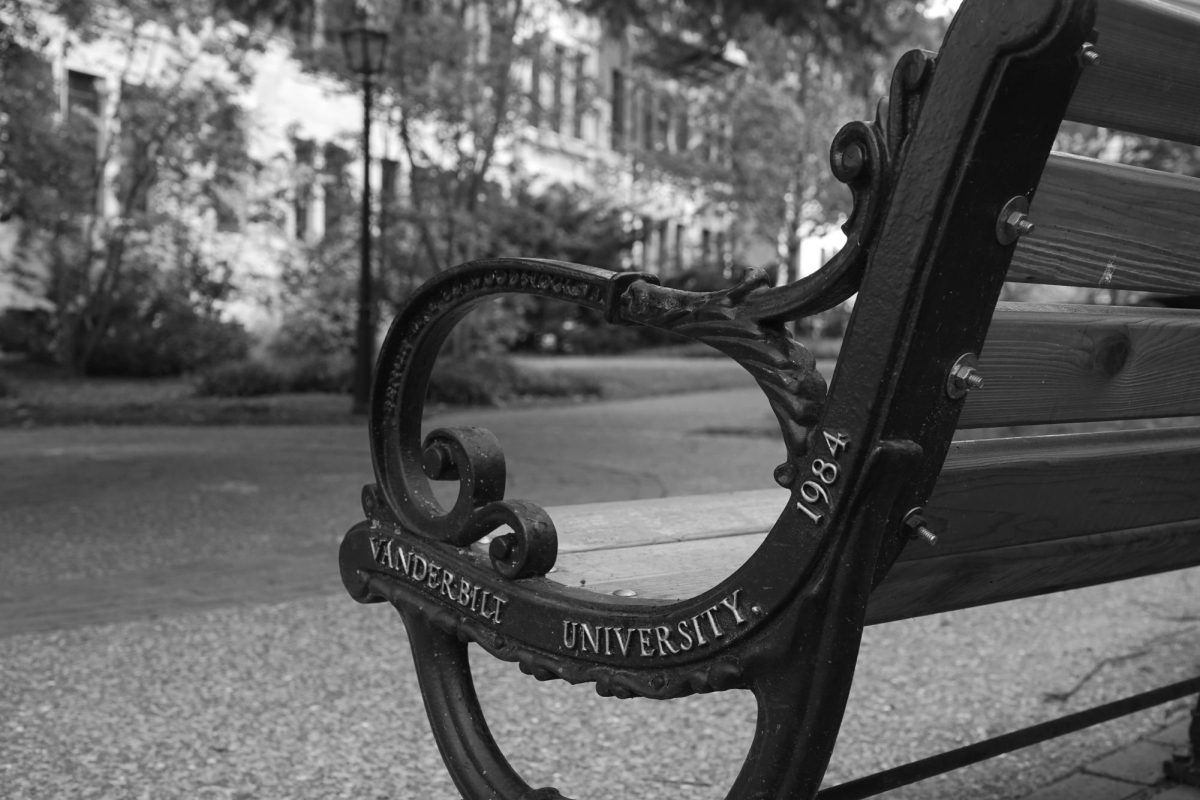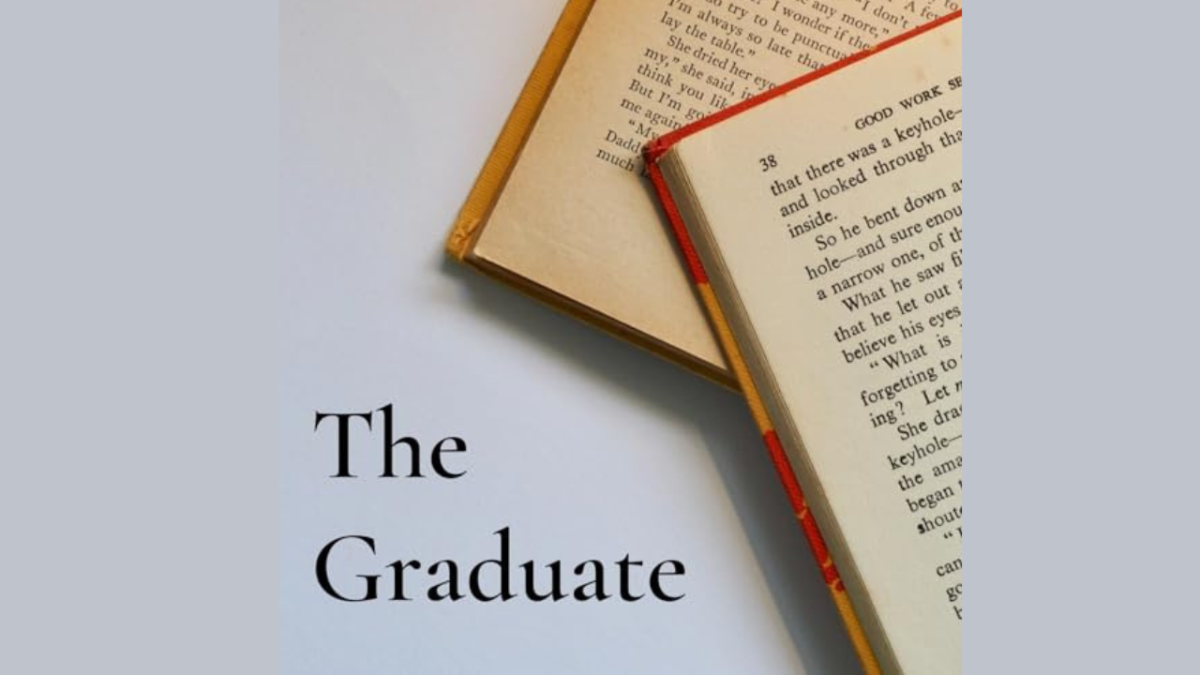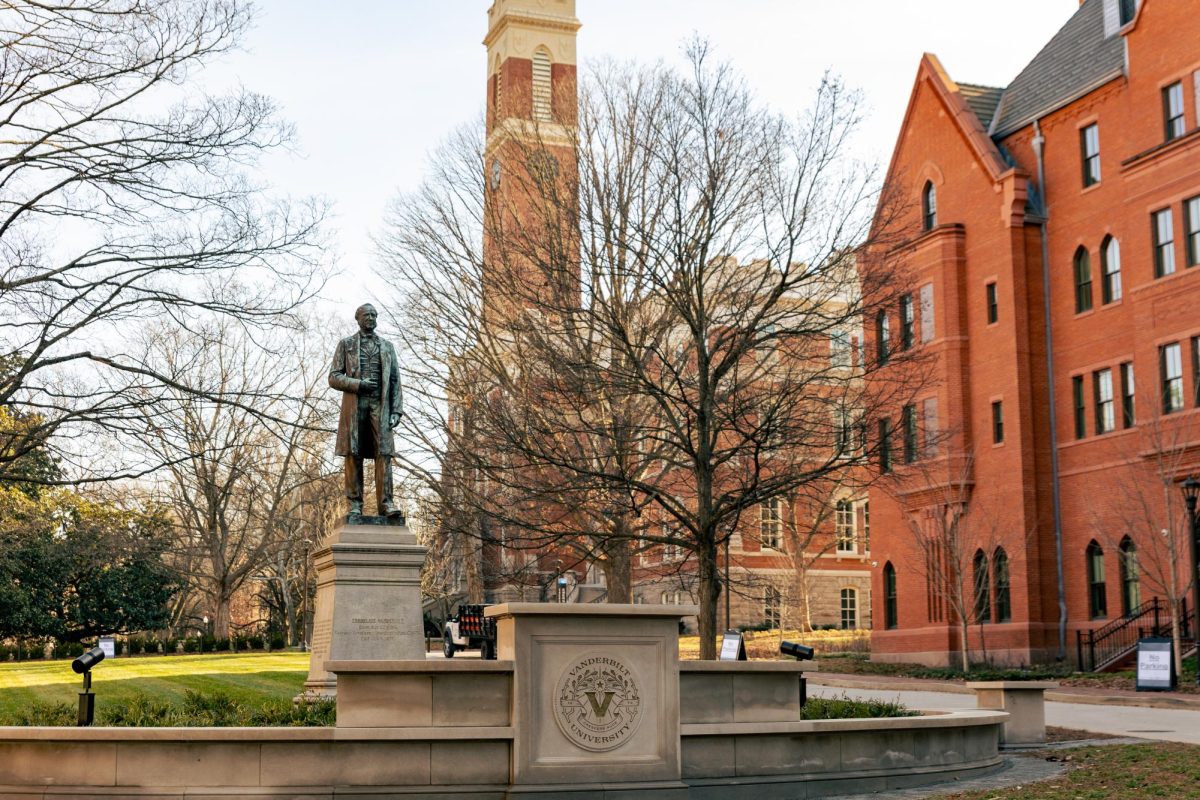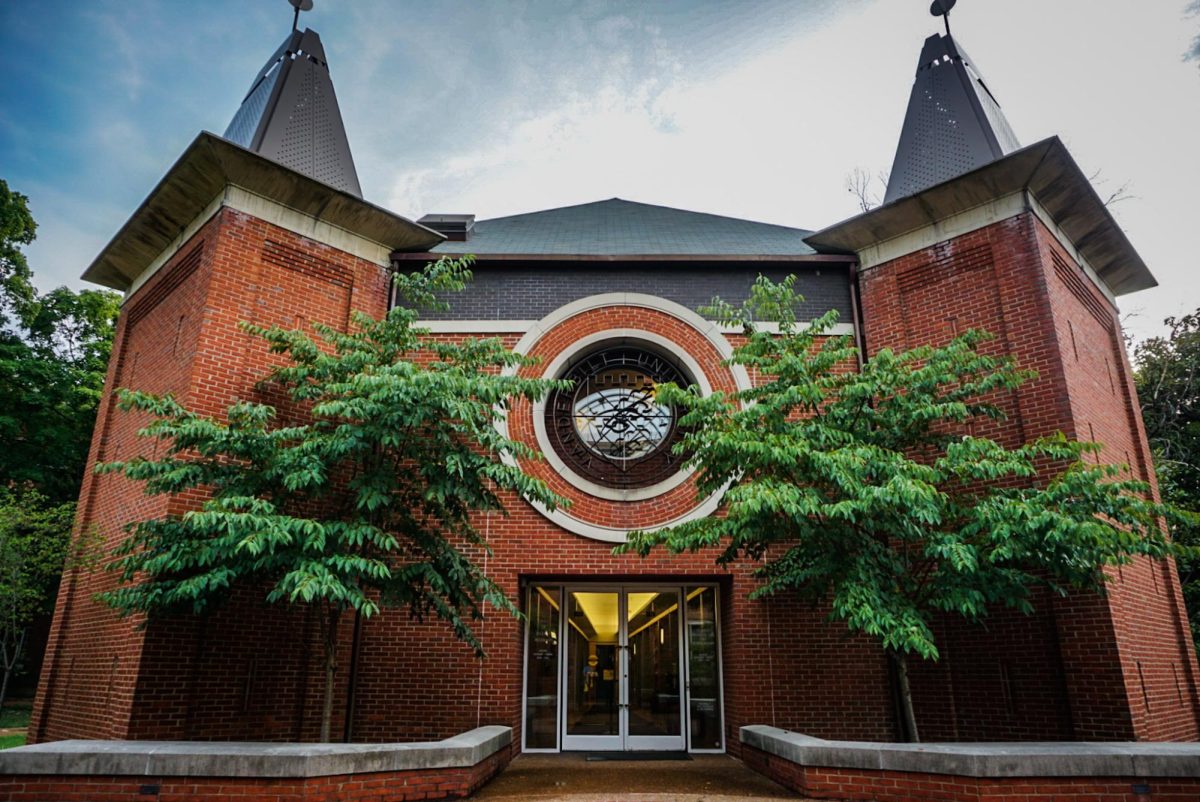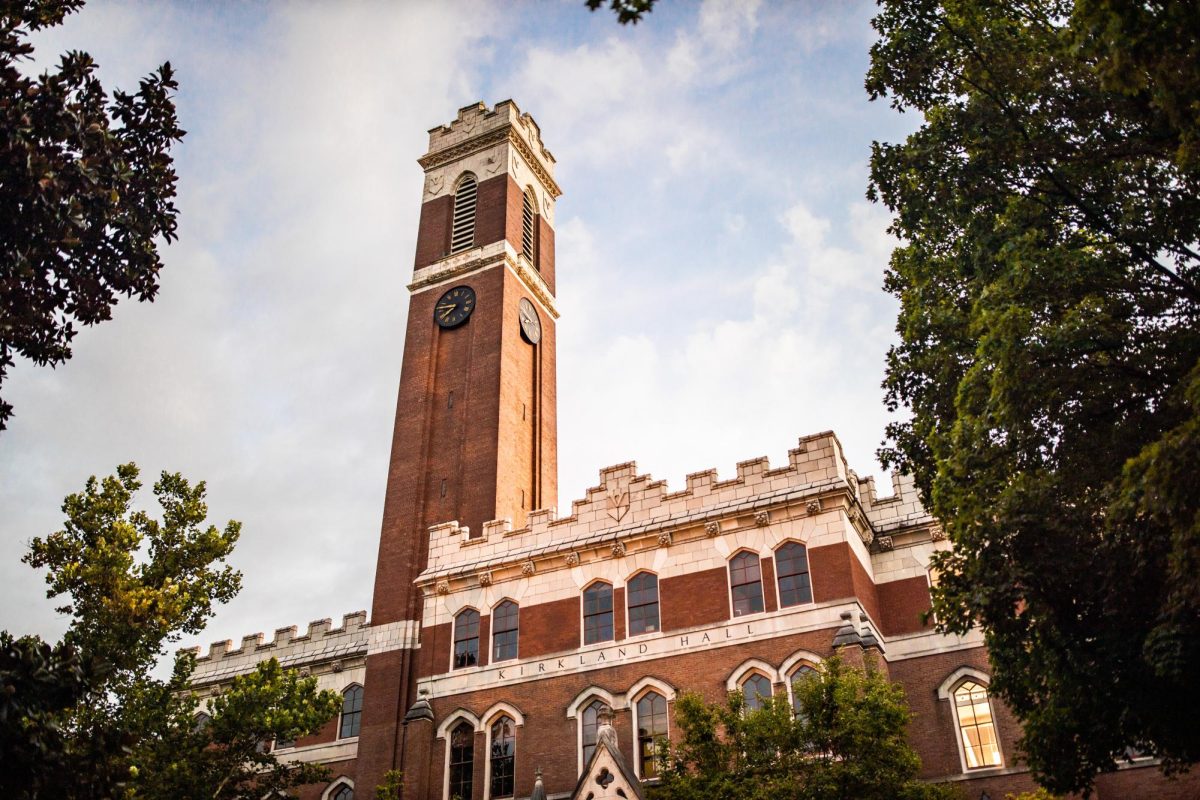The summer before my senior year of high school, I spent hours upon hours researching colleges. While all of my friends spent their summers by the lake or traveling the world, I stayed home with my computer and stacks of college pamphlets because getting into a top university was one of my biggest goals — to step away from the life I knew and start a new chapter.
More than anything, I applied to competitive schools because I wanted to invest in myself, my community and the people after me. Universities like Vanderbilt give students a quality education that equips them with the tools to pursue academic, professional and social endeavors. As a first-generation college student, I wanted to take advantage of opportunities that my parents didn’t have and obtain an education that would ultimately allow me to lend support to my siblings and future children. However, the only way for me to obtain the college education I envisioned for myself was to receive a full ride — which required a loyal dedication to filling out forms and composing essays before I even started my senior year of high school.
By October of my senior year, I had become a Questbridge finalist, granting me the opportunity to apply to 12 top universities across the country. On several occasions, I was cautioned that those schools were expensive and filled with the country’s wealthiest students. I was nervous — not necessarily about my academic capabilities, but rather my ability to afford the education I had worked for and earned. My anxiety was eased on Dec. 1, 2022 when I got an email announcing my acceptance with a full-ride scholarship into Vanderbilt. I cried after opening the email. I shed tears of joy for the opportunity to attend, but also tears of sadness for the moments and precious time that I had missed out on with family and friends for months on end. I felt I had sold my senior year experiences for a chance at an affordable Vanderbilt education, and now I wish I would have had other options so I could have enjoyed those last months of living at home instead.
Despite the sacrifices, I am immensely grateful for the absence of financial worries since arriving on campus. Even when first applying to Vanderbilt, I greatly admired the consistent prioritization of affordability I noticed within their recruitment materials. In 2023, The Princeton Review ranked Vanderbilt first in financial aid, as well as being No. 13 in the 2023 U.S. News Rankings for financial aid. The university took its dedication a step further on Feb. 8, 2024, when it announced an expansion to the Opportunity Vanderbilt financial aid program; the university will now guarantee students with an annual household income of less than $150,000 a full-tuition scholarship.
Financial aid, whether it comes from the federal government, your state government or school you are attending, can give students the opportunity to attend a college or university that they otherwise would not have been able to attend. Furthermore, it gives students from varying financial situations the opportunity to earn a formative education and invest towards a better future for themselves, their loved ones and the country as a whole. Following Vanderbilt’s announcement about their new expansion of Opportunity Vanderbilt, I’m left confused — why aren’t programs like this more common? Why didn’t this exist before?
As a first-generation college student from a small, rural community, I know that one of the main ways students like me can have an opportunity to attend university at all is through financial assistance. Although low-income and first-generation students are competitive applicants in their own right, many refrain from applying to top 20 universities like Vanderbilt because of the common assumption that these schools are only for students from wealthy backgrounds who can afford the tuition. When I came to Vanderbilt, I recall feeling a little embarrassed that moving from my small farm town to the big city meant that I wouldn’t be able to afford the lifestyle that I thought everyone else would have. After two years, I can confidently say that Vanderbilt’s support has given me more opportunities than I could have imagined.
Most misconceptions about college stem from a misunderstanding of how financial aid works and the cost of attending these top universities. For many first-generation students, the first barrier is not knowing how the college application and financial aid process works. While other applicants can rely on knowledge from parents, counselors or older siblings, first-generation students like me often turn to the internet instead. If you google the cost of attending Vanderbilt, the top result will inform you that the price tag for an undergraduate education is $337,648. Even compared to other private schools, this number is lofty. If you were a student who could not afford the sticker price of most universities, would this not deter you from applying?
Being the first in my family to apply for college, I knew how important it was to apply in the early decision round for a better opportunity to be accepted to competitive schools. However, my education goals weren’t the only factor in my choice of when to apply — I needed to consider how much financial assistance I might receive. If I were to be accepted in the early decision round, I could not be guaranteed that my tuition would entirely be covered by financial aid, meaning I wouldn’t be able to attend.
The uncertainty surrounding the question of how I will pay for my education ultimately motivated me to apply through the National College Match Questbridge Scholarship. Questbridge finalists apply and rank up to 15 schools they are interested in, followed by signing a contract agreeing to go wherever they are matched. You might be asking yourself why anyone on Earth would ever choose to do such a thing. If matched, students receive early admission and full-ride scholarship that can make all the difference.
Although this scholarship has provided invaluable support to eligible students like myself, Opportunity Vanderbilt allows students these same opportunities without selling away their right to make decisions. This new program allows students who want to go to Vanderbilt the ability to achieve that dream, rather than leaving their school choice up to a ranking. More than that, a scholarship can be life-changing for low-income or first-generation students who otherwise would write off Vanderbilt solely based on financial burden.
For those who are looking to apply for college, whether that be now or further down the road, I encourage you to consider Vanderbilt’s new program when making those decisions. Personally, their priority for removing financial barriers has given me a greater sense of trust in recommending Vanderbilt to those looking to apply.
Vanderbilt is a pioneer among top 20 universities in this new approach for encouraging low-income students to apply, and it’s time for other universities to follow their lead. I strongly urge other universities, especially top universities with strong misconceptions about the cost of attendance, to create their own “Opportunity” programs and better support their future students. Colleges have the opportunity to encourage students from all walks of life to apply and reduce the financial barrier they face in affording an education. It’s time for higher education to take the extra step forward and support students in a meaningful way.



